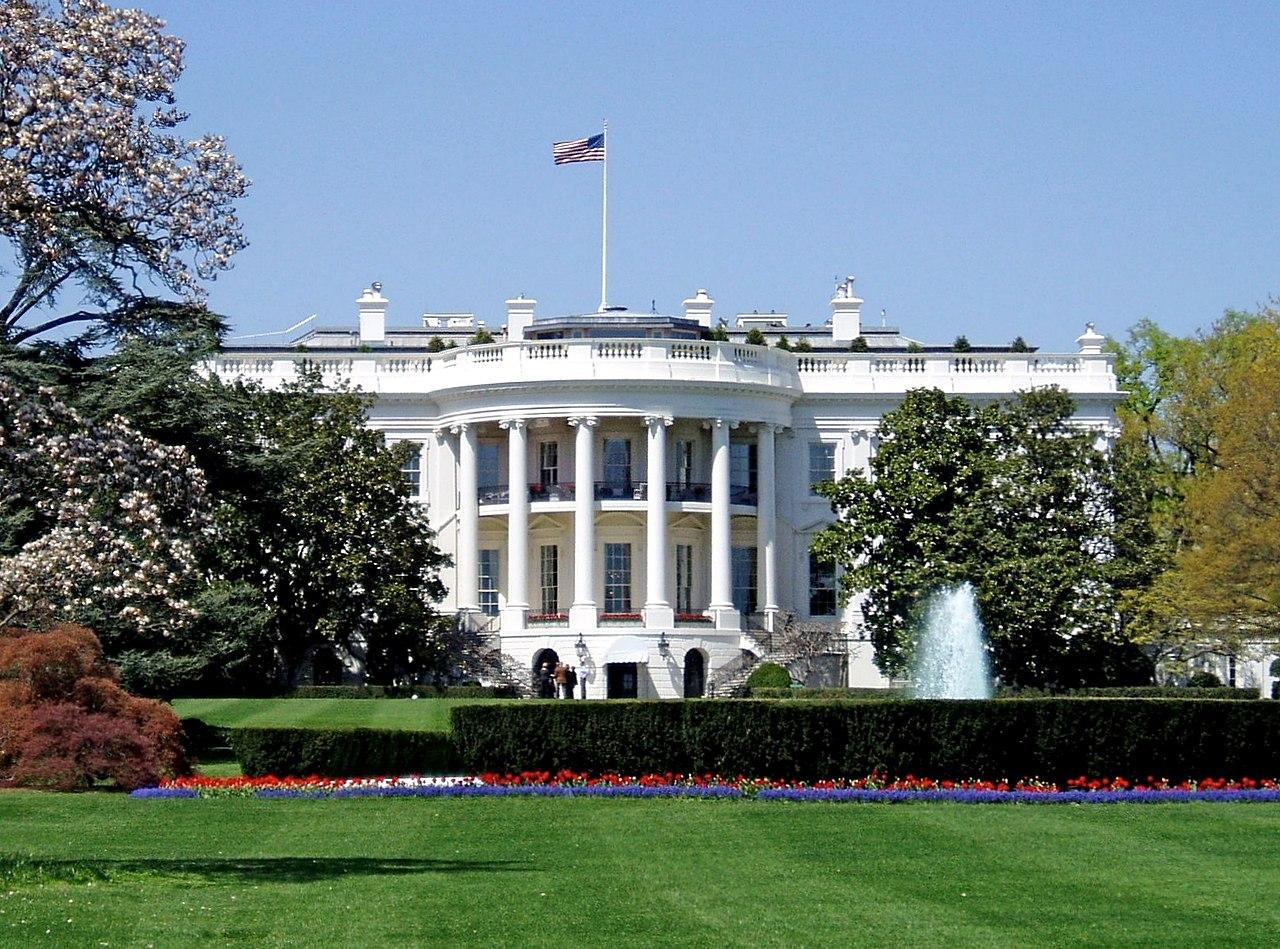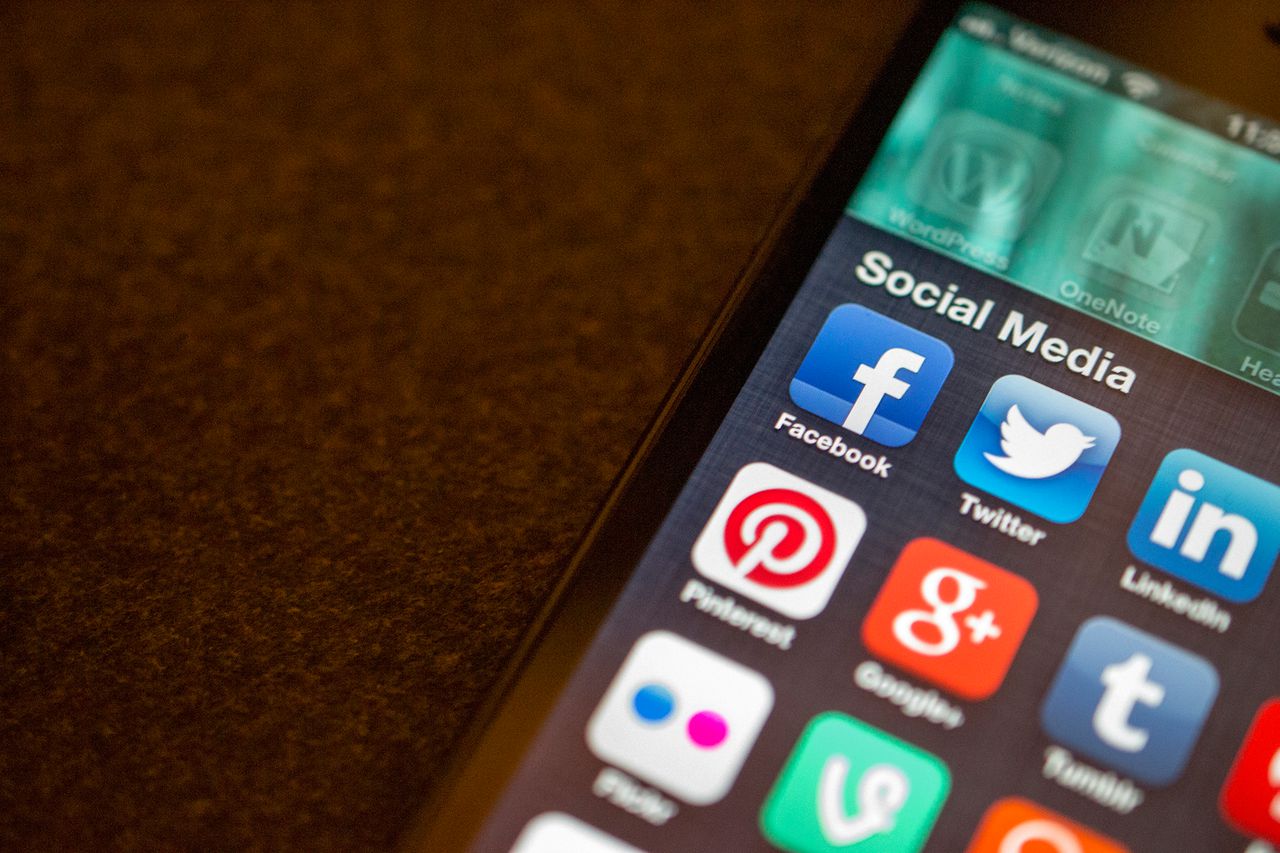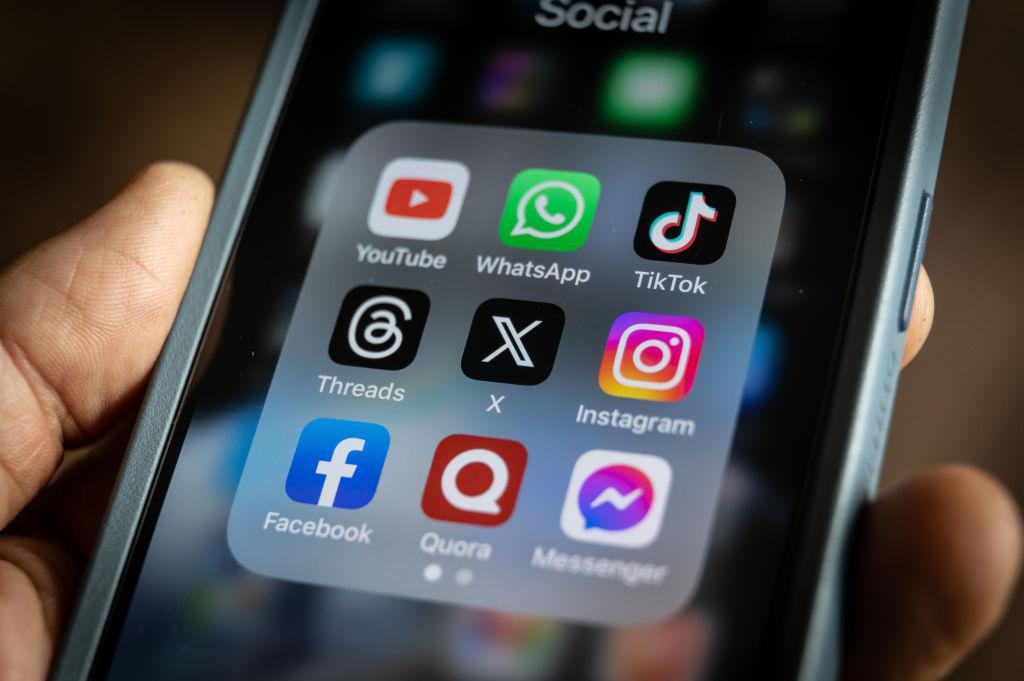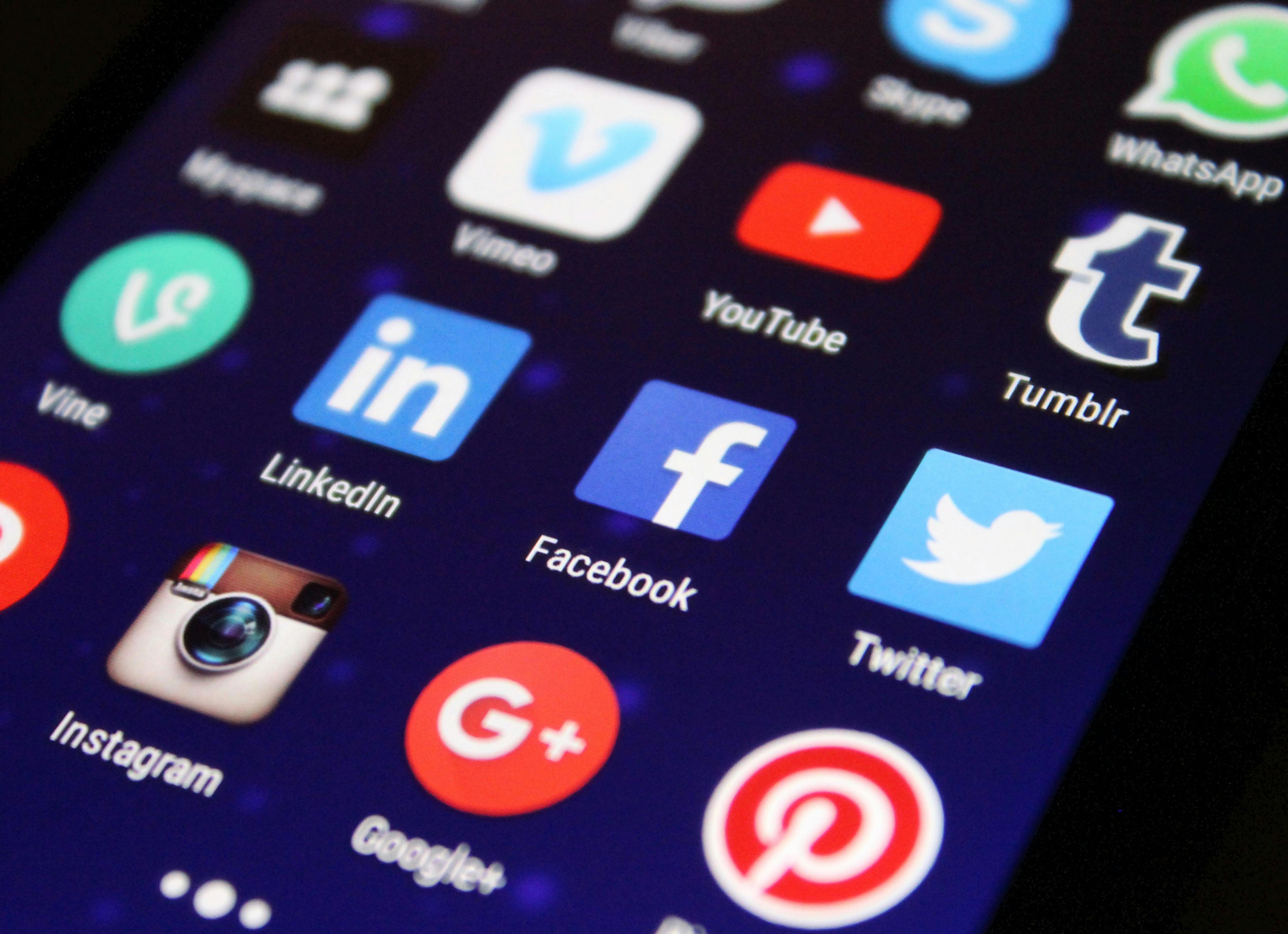In Bombshell Letter Mark Zuckerberg Admits to Mistake in Censoring for Joe Biden
Mark Zuckerberg recently admitted in a letter to the House Judiciary Committee that Meta made mistakes by censoring COVID-19 information under pressure from the Biden administration.
He acknowledged that the company shouldn’t have demoted stories, including those that were humorous or satirical, and regrets not being more outspoken about the issue.
The Context Behind the Letter
The letter from Zuckerberg was addressed to Jim Jordan, the Chair of the House Judiciary Committee. It reveals Meta’s internal struggles with decisions made during the COVID-19 pandemic.

Source: Freepik
Zuckerberg admitted that the White House pressured Facebook teams for months to censor content deemed as “misinformation,” which included claims about COVID-19’s origins and vaccine efficacy.
Facebook's COVID-19 Content Moderation Policy
During the pandemic, Facebook implemented strict policies to limit what it called “harmful misinformation.” This included censoring content that suggested COVID-19 might have originated from a lab.

Source: dole777/Unsplash
By 2021, these policies were reversed, admitting later that censoring such content was a mistake. Zuckerberg’s letter now suggests that these decisions were influenced by political pressure from the White House.
The Hunter Biden Laptop Story
Zuckerberg also addressed Facebook’s decision to demote stories about Hunter Biden’s laptop ahead of the 2020 election. At the time, many media outlets and politicians dismissed the story as “Russian disinformation.”

Source: Startup Stock Photos/Pexels
However, Zuckerberg now states that, in retrospect, the story shouldn’t have been suppressed, highlighting the company’s complex role in moderating politically sensitive content.
Meta’s Funding of 2020 Elections
In 2020, Zuckerberg and his wife, Priscilla Chan, donated nearly $420 million to nonprofits that helped manage local elections, a move that was criticized as favoring Democratic counties.

Source: Wikimedia
Zuckerberg’s letter clarified that he would not repeat this in future elections, acknowledging the perception of bias and the need to remain neutral in political matters.
White House Response to Zuckerberg's Claims
The White House responded to Zuckerberg’s letter by stating their position has always been to encourage responsible actions to protect public health.

Source: Wikimedia
They emphasized that while they encouraged tech companies to act responsibly during the pandemic, they did not dictate specific actions or policies. Meta’s spokesperson echoed this, saying that the letter speaks for itself.
The Impact on Free Speech and Public Trust
Zuckerberg’s admissions have reignited concerns about free speech on social media platforms. Critics argue that the platform’s decisions during the pandemic, influenced by political pressure, could undermine public trust.

Source: Wikimedia
Zuckerberg stated that Meta would resist similar pressures in the future, reaffirming the company’s commitment to free speech and neutral content standards.
Whistleblower Revelations and Internal Disputes
Documents from whistleblower Frances Haugen revealed Facebook’s internal knowledge of COVID-19 misinformation and vaccine hesitancy on its platforms. The documents show that Facebook was aware of the spread of misinformation but faced challenges in curbing it.

Source: Wikimedia
Employees often suggested solutions that were not implemented, indicating internal disagreements on handling misinformation.
The Role of Misinformation in the Pandemic
The spread of misinformation during the pandemic created echo chambers and reinforced vaccine hesitancy. Zuckerberg’s letter hints at the difficulties Meta faced in balancing free speech with public health concerns.

Source: Freepik
The company’s approach to handling misinformation has been a subject of intense scrutiny, both internally and externally, as it navigated unprecedented challenges.
Reflecting on Meta’s Content Moderation Decisions
Zuckerberg acknowledged that some of Meta’s choices were driven by incomplete information and hindsight reveals they might have made different decisions.

Source: Matt Cardy/Getty Images
He emphasized that moving forward, Meta will strive to uphold its content standards without compromising due to political pressures, aiming for transparency and neutrality in future decisions.
Future Implications for Social Media Platforms
Zuckerberg’s letter serves as a warning to social media companies about the risks of political influence. He stressed that Meta is prepared to push back against any future attempts to censor content.

Source: Pixabay/Pexels
This stance marks a significant shift in how the platform may approach content moderation and external pressures going forward.
A New Chapter for Meta and Social Media
Zuckerberg’s admissions signal a potential shift in the social media landscape. As Meta moves forward, the company faces the challenge of maintaining free speech while preventing misinformation.

Source: Freepik
The controversy surrounding its past decisions show the delicate balance social media platforms must strike between moderating content and respecting freedom of expression.
